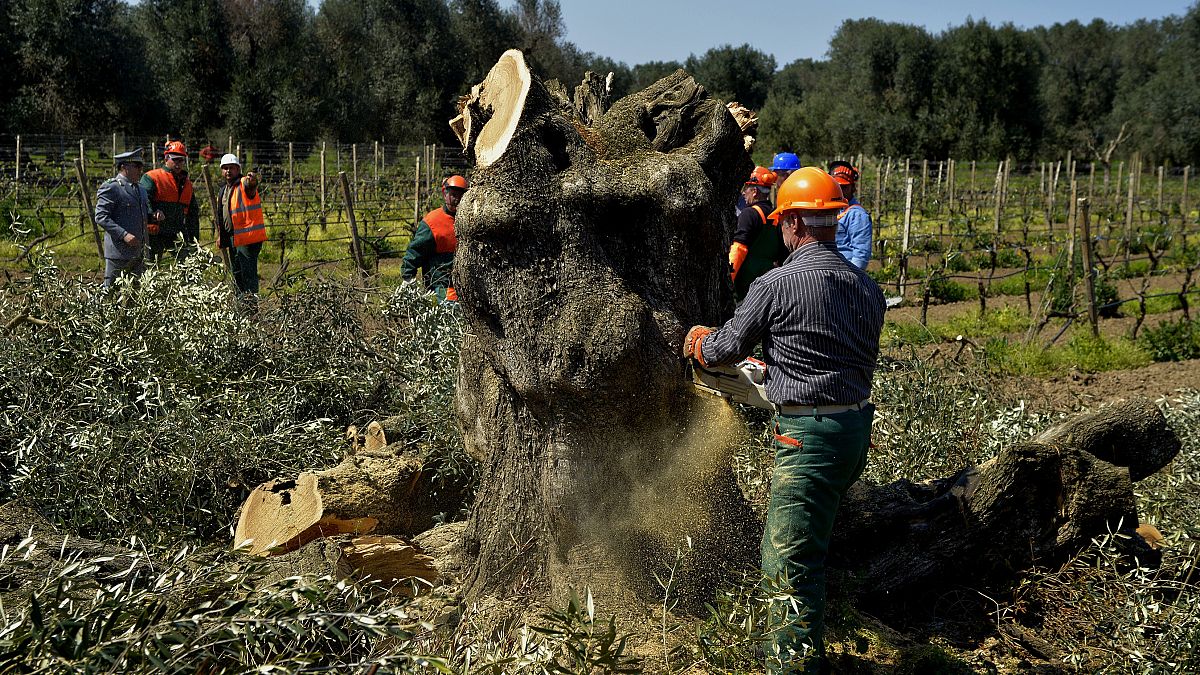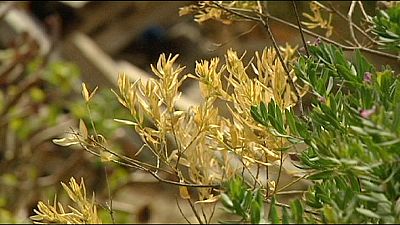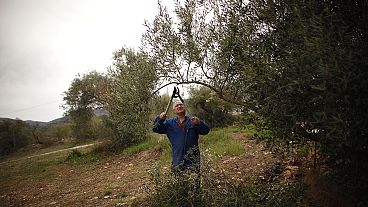Lawmakers revising EU plant health framework agree to create emergency team to tackle import of foreign pests.
MEPs and the EU Council clinched a deal earlier this week on overhauling highly technical rules designed to prevent introduction of new plant pests into Europe, and curbing the spread of those which have already arrived.
Non-indigenous pests have plagued European farmers in recent decades, such as olive tree-killer Xylella fastidiosa, which accidentally permeated Europe in the 2000s, originating from a coffee plant.
Failure to eradicate infection caused by the Xylella pathogen is estimated to cost more than €20bn over the next 50 years, according to a recent study.
The sub-Saharan native false codling moth has recently spread to Spain’s citrus crops, while Asian long-horned beetle remains in France, Germany, and Italy.
During the talks on 5 March, lawmakers agreed to create a Union Plant Health Emergency Team not originally included in the commission’s legislative proposal presented last October.
“Its task will be to assist member states, at their request, in the event of a pest that exceeds their means of control and eradication,” European Parliament negotiator Clara Aguilera (Spain/S&D) told Euronews after the deal.
The task force is modelled on one already used for animal health, which has provided EU countries with urgent assistance in the past.
The emergency team could also support third countries, at their requests, to protect the EU territory from possible outbreaks coming from bordering countries.
Members of the team will be appointed by the commission after being proposed by member states or third countries concerned.
The new rules will also simplify reporting obligations through digital transmission of notifications, following a recent push of Commission chief Ursula von der Leyen to cut red tape for farmers.
“This in turn will reduce the administrative burden for operators and national authorities alike,” said the other negotiator on the file, Belgian Agriculture Minister David Clarinval.
The political deal needs now to be formally approved by both the parliament’s plenary and the EU agriculture ministers in the coming weeks, in time for the end of the legislative term.



